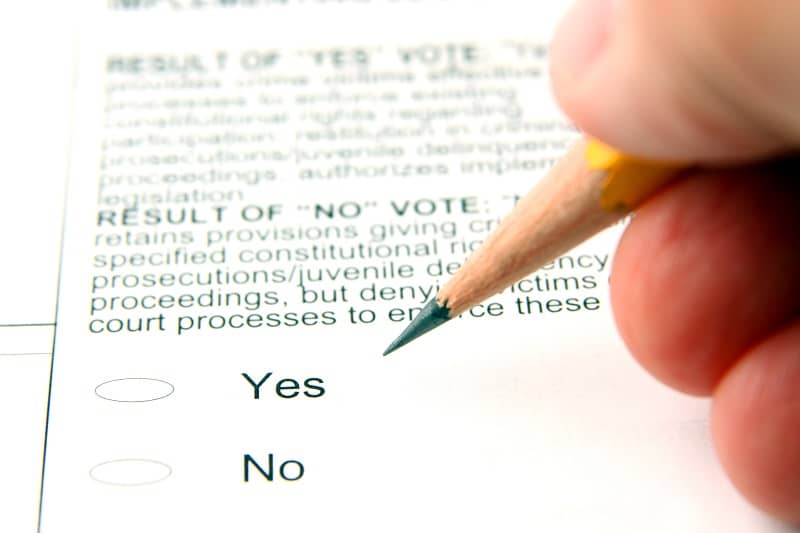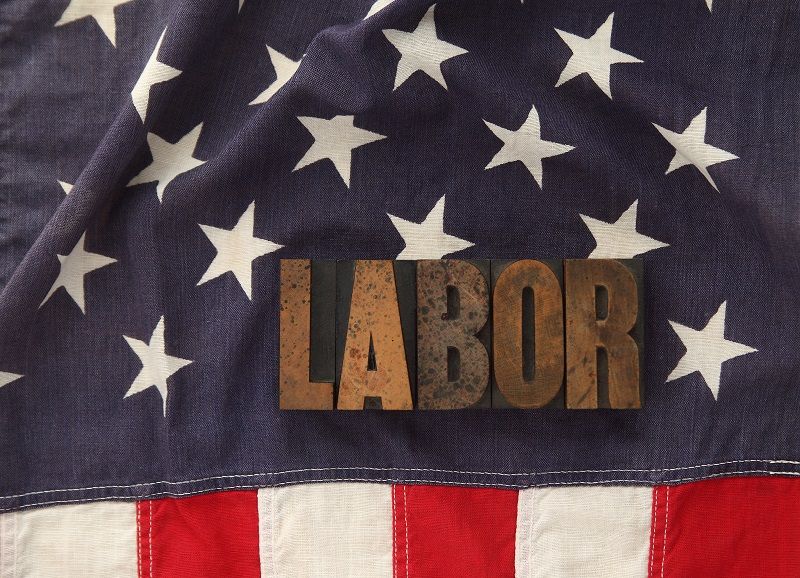As California Governor Jerry Brown signed his state’s $15 minimum wage bill into law on April 4, he acknowledged, “Economically, minimum wages may not make sense.” He went on to say that work is “not just an economic equation,” calling labor “part of living in a moral community.” “Morally and socially and politically, [minimum wages] make every sense because it binds the community together and makes sure that parents can take care of their kids in a much more satisfactory way,” Brown said.
So now it’s official—at least in our neighbor to the south—that laws don’t have to make economic sense for politicians to enact them. Laws just have to somehow “bind the community together.” When a strong majority of voters want a law to pass, as they apparently do for higher minimum wages, politicians take that as a signal that they can give voters what they want even if the law will hurt many of the very people they claim it will help. Governor Brown was just honest enough in this case to effectively admit that people may be hurt, but so what? Binding the community together apparently makes everything OK.
Of course, communities bound together by such faulty ideas will eventually come unbound, at least in the sense that many of their members will be priced out of the jobs and economic opportunity the politicians promised they would enjoy.
Minimum wage laws primarily hurt younger, less skilled, and less educated workers who will lose their jobs or not get jobs in the first place because employers can’t justify paying them what the law says they must. Employers who can’t generate enough, or any, profits at mandatory higher wage rates will also be hurt, as will consumers who end up paying higher prices they can ill afford in return for “binding their communities together.”
The governor of New York signed his state’s new $15 minimum wage law on April 4 also, and Oregon’s Governor Kate Brown signed our new slightly lower minimum wage law on March 2. Neither of these two leaders acknowledged what California’s governor did: that minimum wage laws may not make economic sense. They probably know it, but why raise doubts? They would much rather take plenty of credit, and later blame employers for not delivering the economic goodies government is so good at promising and so bad at producing.











